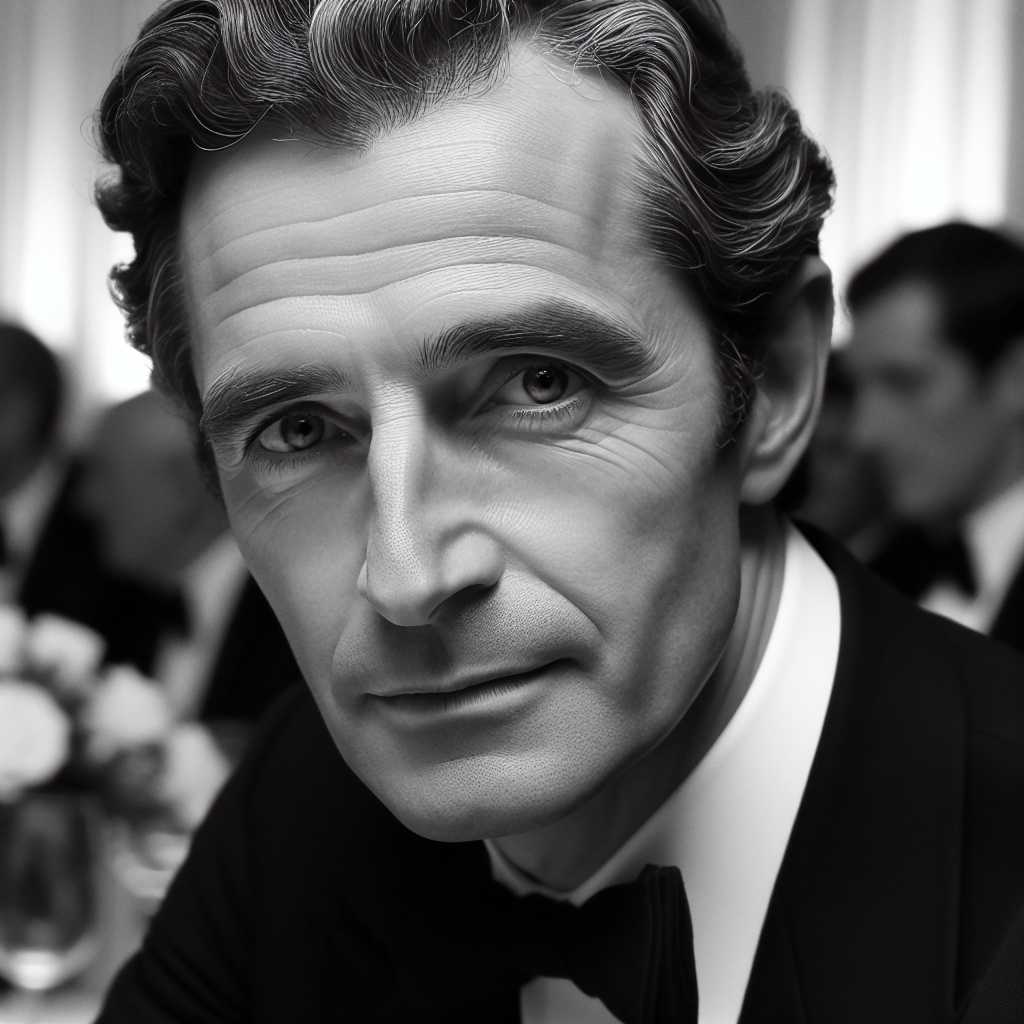The Remarkable Craft of Daniel Day-Lewis: A Look at a Luminous Acting Career
Daniel Day-Lewis, born on April 29, 1957, in London, England, is widely regarded as one of the greatest method actors of all time. Known for his total immersion into his roles and his painstaking dedication to research, Day-Lewis’s career spans several decades and is punctuated with memorable performances that have etched an indelible mark on the history of film.
His life off-camera is characterized by periods of reclusion, where he takes breaks from acting to explore other interests. Despite a relatively modest number of film credits in comparison to his contemporaries, Day-Lewis’s performances have earned him numerous accolades, including three Academy Awards for Best Actor.
Early Life and Rise to Fame
Born into a creative family – his father was poet laureate Cecil Day-Lewis, and his mother, actress Jill Balcon – it was perhaps no surprise when Day-Lewis expressed an interest in the arts. He intentionally pursued his craft at the exclusive Bristol Old Vic Theatre School, which honed what would become a famed dedication to character development and method acting.
Day-Lewis began acting in films in the 1980s, but it was his role as Johnny in ‘My Beautiful Laundrette’ (1985) that caught the attention of critics and audiences alike. His ability to inhabit completely the characters he played brought him significant acclaim, with subsequent roles in ‘A Room with a View’ (1985) and ‘The Unbearable Lightness of Being’ (1988) underscoring his growing reputation as an actor capable of versatile performances.
Stunning Transformations and Remarkable Roles
Arguably one of the most transformative actors, Day-Lewis’s performances exemplify his tendency to delve deep into the soul of his characters. His award-winning role in ‘My Left Foot’ (1989), where he played Christy Brown, an artist with cerebral palsy, featured Day-Lewis remaining in character throughout the shoot, even off-camera – this set a precedent for the methodical approach he would employ throughout his career.
Day-Lewis also captivated audiences as Hawkeye in ‘The Last of the Mohicans’ (1992), during which he learned to build canoes, trap and skin animals, and went on staggeringly long weightlifting and landscape-running routines to better portray the pioneer spirit of the early American frontiersman.
His versatility shone again with his portrayal of an early 20th-century gentleman in ‘The Age of Innocence’ (1993) and escalated even further with his captivating take on Bill the Butcher in ‘Gangs of New York’ (2002), earning him another Oscar nomination.
The pinnacle of Day-Lewis’s expressiveness is perhaps best seen through his portrayal of oil tycoon Daniel Plainview in ‘There Will Be Blood’ (2007), which earned him his second Academy Award. More than just concerning himself with verisimilitude or adopting characteristics consistent with an oil prospector of that era, it was in fact the embodiment of such an intricate psychological portrait that captured his genius.
In 2012, he took on one of the most daunting roles imaginable: playing President Abraham Lincoln in Steven Spielberg’s ‘Lincoln’. His immersive performance captured the president’s demeanor so accurately it entranced both critics and viewers alike, securing him his third Oscar victory.
Retirement from Acting
2017 inadvertently ushered in saddened bids from avid film watchers worldwide when Daniel Day-Lewis announced that he would be retiring from acting after one final film. His last performance as Reynolds Woodcock in ‘Phantom Thread’ (2017) was befitting for an actor known for portraying charismatic, monumental figures – leaving audiences with yet another masterclass in characterization.
This retirement underscores a unique aspect of Day-Lewis’s career. Rather than amassing film after film, there seemed to be an awakening within him – as if each role demanded a piece of his soul too precious and exhausted at the end of each performance to immediately invest into another character.
Legacy and Influence
Daniel Day-Lewis’s phenomenal commitment to his roles influenced countless actors and students of drama. Many have attempted similarly immersive methodologies for embodying their characters, but few have matched the intensity and authenticity that Day-Lewis delivered consistently.
His emphasis on crafting authentic performances led to conversations about method acting’s psychological toll upon the individual, juxtaposing simultaneously the value of artistry against personal well-being. He has created without question a standard against which future generations of actors will continue to measure themselves.
Notes
*Image description: A thoughtfully composed black-and-white portrait showing Daniel Day-Lewis at an event – distinguished and poised, with his characteristic intense gaze softly directed towards the camera lens.*
